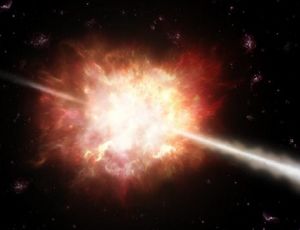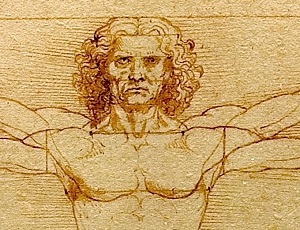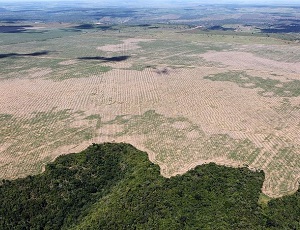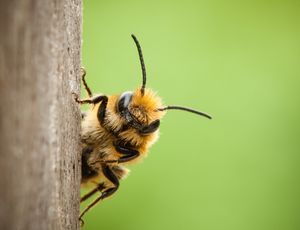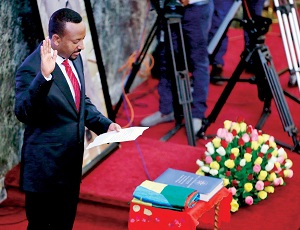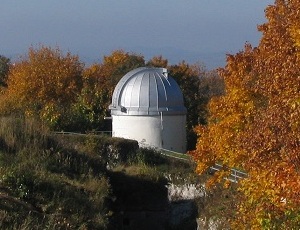 Web Content Display
Web Content Display
JU Research
 Web Content Display
Web Content Display
 Web Content Display
Web Content Display
JU science communication
History written anew
11.12.2019
Until relatively recently, many historians held a belief that fourteen centuries ago the streets of Constantinople were swarming with dead or dying people. It was thought that an unknown disease swept over the Byzantine Empire (and the rest of Europe), killing about half of its populace.
Read More o History written anew
How plants deal with stress
09.12.2019
Throughout their existence, human beings have been accompanied by stress, and hence they have developed various methods to reduce it. Plants are also subject to stress, caused by adverse environmental factors (such as water or light deficiency), but unlike most animals they cannot hide or run away from danger. Dr Paweł Jedynak from the JU Department of Plant Physiology and Biochemistry discusses how to recognise and interpret the symptoms of stress in plants and what are the mechanisms that allow them to live through stressful situations.
Read More o How plants deal with stress
Head lice – more common than you think
25.11.2019
With the beginning of every school year, there inevitably comes a series of reports on the rising tide of head lice infestations. It may seem that the advances we’ve made in sanitation and medicine should eliminate the presence of such parasites from our daily lives. How come we are still experiencing these ‘head lice outbreaks’?
Read More o Head lice – more common than you think
JU astronomers contribute to the discovery of a very-high-energy gamma-ray burst
21.11.2019
After a 10-year-long search, scientists have finally detected a very-high-energy (VHE) gamma-ray burst. The discovery was made by the international research team of the High Energy Stereoscopic System (H.E.S.S.), using the 28-metres long telescope located in Namibia. It unexpectedly turned out that this burst resulting from a cosmic cataclysm remained within the VHE gamma spectrum very long after the initial explosion.
Read More o JU astronomers contribute to the discovery of a very-high-energy gamma-ray burst
Where does the body end? Where does the mind begin?
18.11.2019
Not everyone finds it easy to delve into subject matter as complex as cognitive neuroscience and behavioural studies. For some, the very idea of exploring these issues seems redundant and pointless, since there is no apparent gain from studying them. Embodied cognition? Situated conceptualisation? What are they and what are they for? Since we’re nearing the upcoming lecture by Prof. Piotr Winkielman dedicated to this topic, a brief introduction is definitely in order.
Read More o Where does the body end? Where does the mind begin?
Not seeing the forest for the trees: consequences of mass deforestation
12.11.2019
If the media reports are true, the Earth is currently facing rapid and extensive deforestation, which, if unchecked, will lead to extinction of thousands of animal species, and then mankind. What is the true scale of this problem and, if possible, how can it be solved?
Read More o Not seeing the forest for the trees: consequences of mass deforestation
International research on balancing the diet of wild bees
29.10.2019
Ten international research projects have been selected in the BiodivERsA Call 2018 competition co-organised by the National Science Centre. Amongst the winning projects there are six that feature scientists from Poland, and one of them is Dr Michał Filipiak from the JU Faculty of Biology.
Read More o International research on balancing the diet of wild bees
Another Nobel Peace Prize for Africa: what does it mean?
25.10.2019
For the second time in a row, the Nobel Peace Prize has been awarded to an African. Though many people believed the Prize would go to Greta Thunberg or the United Nations High Commissioner for Refugees, the Nobel Committee decided to award the Ethiopian Prime Minister Abiy Ahmed Ali for resolving the conflict in Eritrea. We asked Prof. Robert Kłosowicz, head of the Jagiellonian Centre for African Studies, to explain the significance of awarding two subsequent Nobel Peace Prizes to people from the war-torn continent of Africa.
Read More o Another Nobel Peace Prize for Africa: what does it mean?
Interstellar comet with a familiar look
15.10.2019
A new comet discovered by amateur astronomer Gennady Borisov is an outcast from another star system, yet its properties determined so far are surprisingly familiar, shows a new study led by JU Astronomical Observatory researchers Piotr Guzik and Michał Drahus. The team’s findings were published in Nature Astronomy on 14 October 2019.
Read More o Interstellar comet with a familiar look
Microplastics: worse than smog?
08.10.2019
In late September, local media reported that microplastics particles have been discovered in the air in Kraków. The unsettling information came from a research project conducted by the Pedagogical University of Cracow Institute of Geological Sciences and Jagiellonian University Institute of Geography. How alarmed should we be and is there anything we can do about this phenomenon?
Read More o Microplastics: worse than smog?




